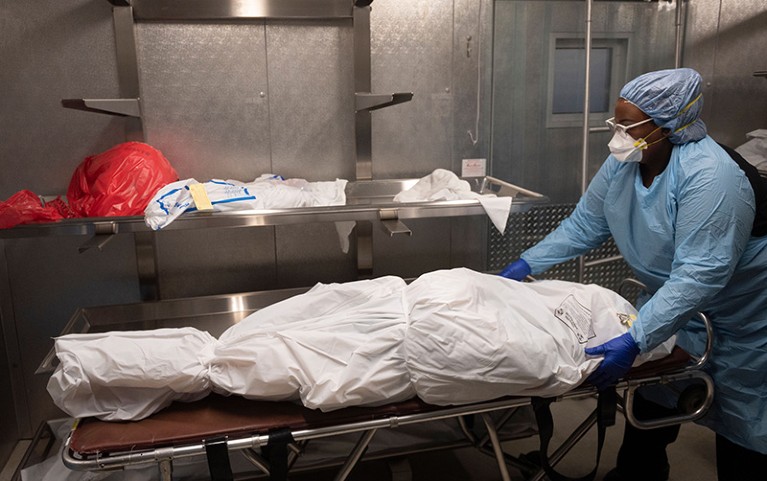A sharp rise in norovirus infections has prompted several hospitals across the UK to enforce an immediate suspension of all non-essential visits. Known as the “winter vomiting bug,” norovirus is wreaking havoc on already overstretched NHS hospitals, leading to ward closures and emergency hygiene protocols to contain the outbreak.
Multiple Hospitals Affected
Hospitals in England and Scotland have taken urgent steps to curb the spread of the virus. East Surrey Hospital in Redhill closed seven wards, including the acute medical unit (AMU) and inpatient rehabilitation unit, following a significant outbreak. Patients have been strongly advised not to visit unless absolutely necessary.
Dr Gray’s Hospital in Elgin, Scotland also announced a full suspension of non-essential visits after patients and staff reported multiple cases of vomiting and diarrhea, typical symptoms of norovirus. Similarly, Furness General Hospital (FGH) in Barrow suspended access to Ward 6 after both staff and patients contracted the virus.

“Please do not visit the hospital if you’ve had symptoms like diarrhea or vomiting within the last 48 hours,” warned East Surrey Hospital in its official statement.
Source: The Sun UK
UKHSA Issues Nationwide Warning
According to the UK Health Security Agency (UKHSA), norovirus cases have hit record highs this season, exacerbated by the emergence of a new strain – GII.4 – now accounting for 29% of cases, up from 10% three months ago.
This surge in cases has raised concerns that people previously infected earlier in the winter may not be immune to the new strain, raising the risk of reinfection.
“Washing hands thoroughly with soap and warm water remains the best defense,” stated UKHSA in its official health advisory. Alcohol-based hand sanitizers are not effective against norovirus.
UKHSA Norovirus Guidance
What Is Norovirus?
Norovirus is a highly contagious virus that causes sudden onset vomiting, diarrhea, stomach cramps, and nausea. It spreads quickly through contact with contaminated surfaces, food, and infected individuals. Most cases resolve within a few days, but the virus can be particularly dangerous for elderly patients, young children, and immunocompromised individuals.
The NHS recommends staying hydrated, resting, and avoiding contact with others for at least 48 hours after symptoms end.
More on Norovirus – NHS Website
Impact on the NHS and Healthcare Services
Hospitals already struggling with increased flu, COVID-19, and RSV cases are now battling a norovirus surge that has left many running at over 95% bed occupancy. Ambulance delays and difficulties in discharging patients have worsened the crisis, prompting health boards to take drastic steps.
“The combination of winter pressures and a highly transmissible norovirus strain is causing serious strain on our healthcare services,” said an NHS England spokesperson.
Norovirus Pressure on NHS – The Times
Preventative Measures for the Public
Health authorities are urging the public to:
- Avoid visiting hospitals and care homes if showing any symptoms
- Wash hands regularly with warm water and soap
- Disinfect contaminated surfaces thoroughly
- Stay home from work, school, or public areas until 48 hours symptom-free
For updated advice, visit the UK Government’s Norovirus Information Page:
https://www.gov.uk/government/collections/norovirus-guidance-data-and-analysis

Final Thoughts
The outbreak has brought to light the fragility of healthcare systems during viral surges. With visiting restrictions enforced and cases still on the rise, health boards across the UK are working closely with national agencies to monitor and respond to the situation.
The public is encouraged to follow hygiene guidelines strictly and act responsibly to help limit the spread of this highly contagious virus.
This article has been carefully fact-checked by our editorial team to ensure accuracy and eliminate any misleading information. We are committed to maintaining the highest standards of integrity in our content.



